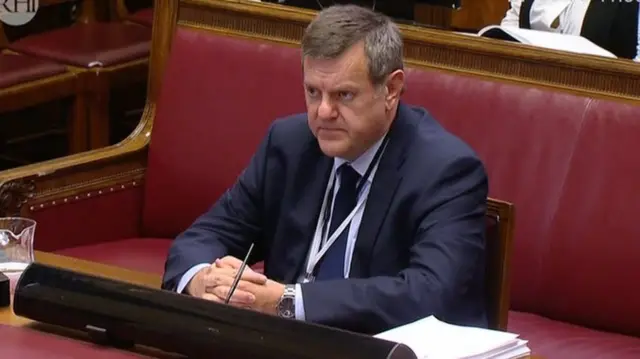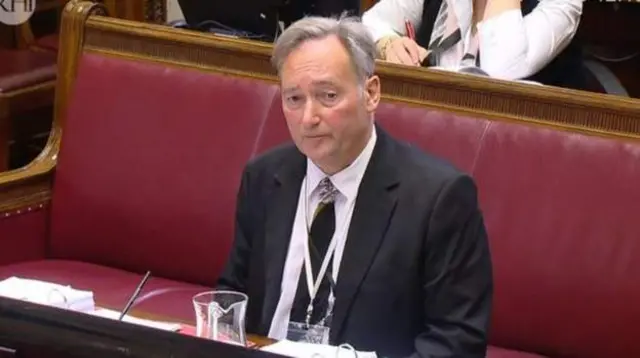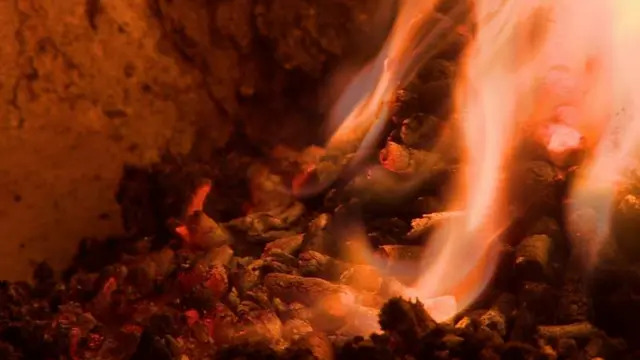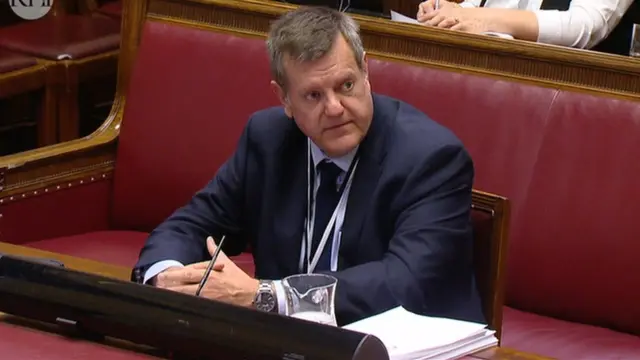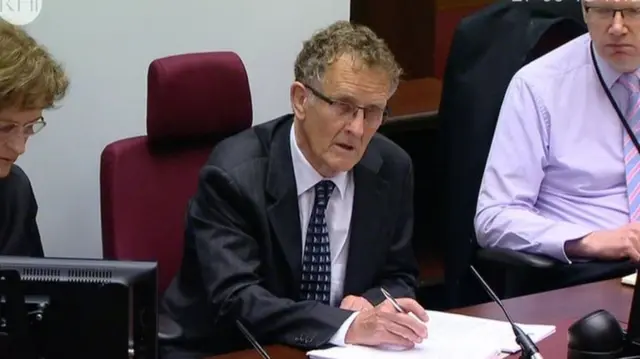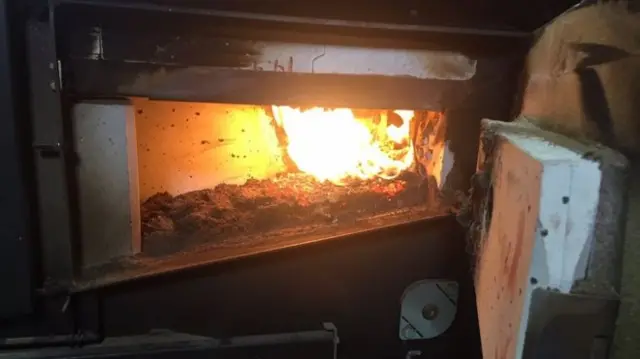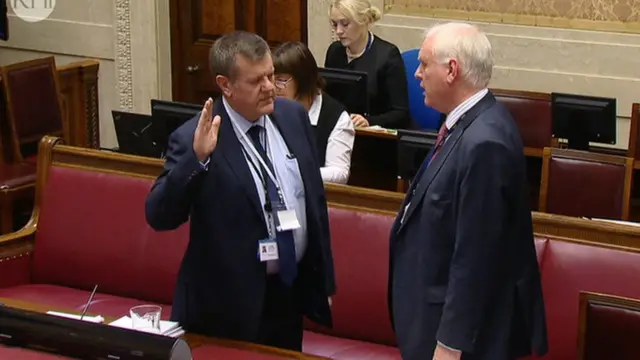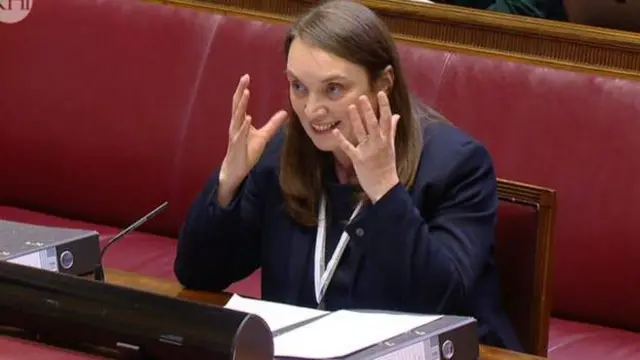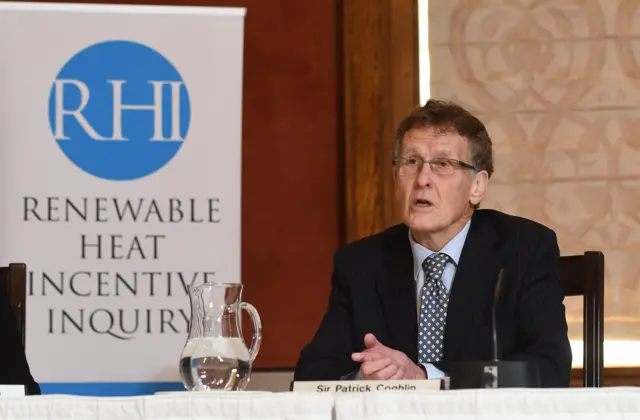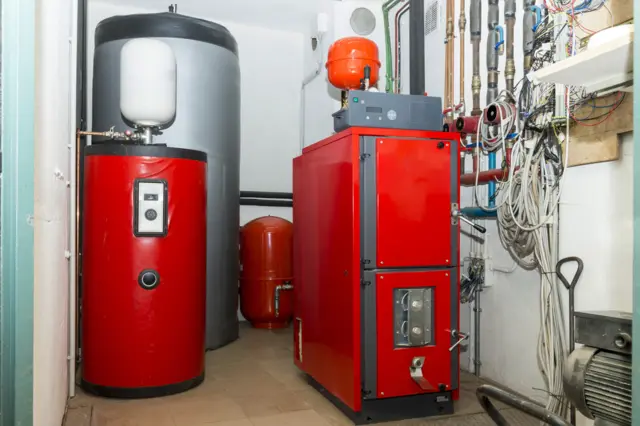'Guilty of same sin I've attributed to others'published at 12:54 BST 27 June 2018
Civil servants starting new roles in a different Stormont department should read the relevant legislation as one of the "first things" they do, advises Mr Stewart.
There's a need for them to take responsibility for familiarising themselves with the "statutory duties that operate within their particular sphere of influence".
 Image source, Getty Images
Image source, Getty ImagesHe says that when he started working at the education department he took two weeks out to read through a "two-feet high" pile of legislation related to the work.
Asked if he read the RHI scheme legislation when he joined DETI, he admits: "Not on day one... but eventually yes."
He admits he can't remember if he noticed the statutory duty and is "guilty of the same sin that I've attributed to others".
